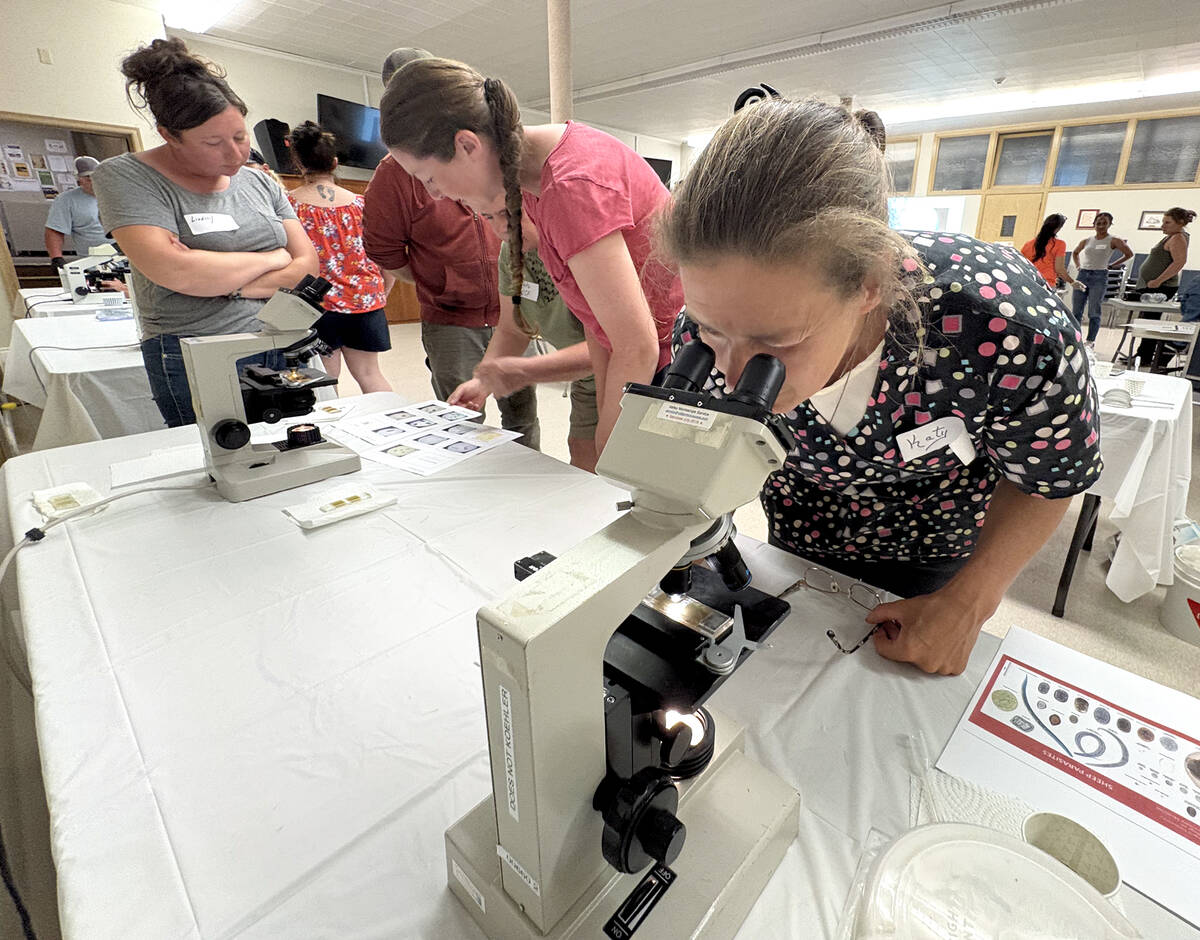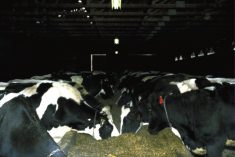chicago / reuters / Iowa, the No. 1 corn producer in the United States, began requiring the state’s dairy processors to test all milk received in the state for aflatoxin Aug. 31, the toxic byproduct of a mould that tends to spread in drought-stressed corn.
The Iowa Department of Agriculture said the required aflatoxin screening of all milk will continue indefinitely.
The order requires milk processors to screen all Grade A and Grade B farm bulk milk pickup tankers and farm can milk loads for aflatoxin on a weekly basis. Cows that eat corn infected with aflatoxin can pass the substance through to their milk.
Read Also

Smart deworming for sheep starts with individual fecal egg counts
Fecal egg count tests are one step to managing dewormer resistance and managing sheep parasites on Canadian sheep farms to maintain flock health.
The department said it was also instituting a state-wide corn-sampling program.
“We were well aware that aflatoxin could be an issue this year due to the historic drought conditions,” Iowa Secretary of Agriculture Bill Northey said in a statement this week.
“Now that farmers are starting to harvest silage, and corn in some cases, it is appropriate to begin this screening process to make sure our milk supply remains safe,” Northey said.
The U.S. grain, dairy and crop insurance industries have been on high alert for outbreaks of aflatoxin in the U.S. corn harvest following the worst Midwestern drought in half a century.
Aflatoxin is the byproduct of a powdery, greenish mould that has emerged in cornfields across much of the Corn Belt and is harmful or even fatal to livestock. The presence of the mould does not necessarily lead to aflatoxin.
Under guidelines from the U.S. Food and Drug Administration (FDA), certain types of animal feed can contain an aflatoxin concentration of up to 300 parts per billion (ppb). Human foods must contain less than 20 ppb, while the threshold for milk is even lower, at 0.5 ppb.
Aflatoxin can cause liver disease and is considered carcinogenic.
Human exposure to high amounts of aflatoxin is rare, but aflatoxin contamination prompted a series of pet food and livestock food recalls last December, including products produced at Cargill’s Lecompte, Louisiana plant and Procter & Gamble Co. plant in Henderson, North Carolina.


















